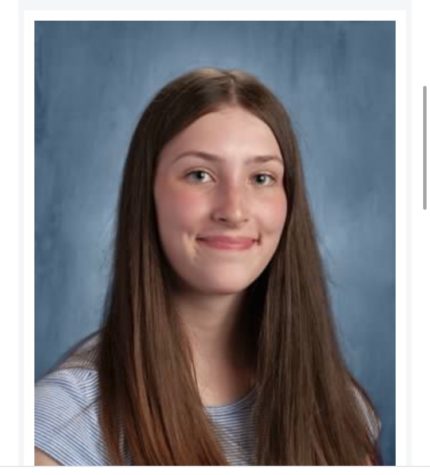Seniors this year have had to face a frustrating and stressful situation as the Free Application for Federal Student AID (FAFSA) has been repeatedly delayed and has presented multiple setbacks and errors for some students. All of these problems have greatly impacted these seniors as they try to navigate this confusing system.
Financial aid packages in a typical year come out in mid-March—sometimes even earlier—but due to all the delays, some colleges aren’t even receiving students’ FAFSA information until after that, according to an article by OPB.
College coordinator Esthera Magda has seen more students coming in for help with their FAFSA compared to last year. Many of these seniors are facing barriers—big and small—that prevent them from either submitting the form entirely or from performing the needed corrections, either way delaying the ability of their FAFSAs to be processed.
An anonymous student has been working through the FAFSA, but their parents are undocumented, making it difficult for their identity to be verified and in turn making the FAFSA difficult to submit. With the new form, both the student and a parent need to create a FSA ID and submit a form. They have been able to get her half of the FAFSA to submit, but not their parents’ half. The anonymous student has been going through the process of filling out their information over and over again, but with no luck.
“The FAFSA process has been going really stressful, as well as a little scary, because there’s been a lot of problems with my parents filling out their FSA ID,” they said.
The FSA ID is a username and password needed to log into the Federal Student Aid website.
Alongside this, they have faced issues such as the website being slow and not loading, errors in the system, and workers on the FAFSA helpline hanging up on her or not saying anything when they called.
Senior Olive Helms and her mom began working on the FAFSA the day it came out. She ran into an issue, though, that was unfortunately common for many other students across the country. When her mom submitted her half of the FAFSA form, it submitted Helm’s along with it, but without a signature. The form wouldn’t allow Helms to make any corrections, resulting in her FAFSA being in a standstill for three months, unable to be processed.
“The first bit I was pretty stressed because I didn’t know what was going on and I didn’t know that a lot of people were dealing with it,” Helms said.
When the FAFSA is processed and then sent to the colleges a senior has applied to, it allows those colleges to provide the student a financial aid offer of how much money they will have to pay to attend the institution. For both Helms and the anonymous student, this information is an important piece in their college decision.
Since the anonymous student’s parents’ part of the FAFSA hasn’t been accepted, no financial information has been sent to PSU yet. Without a financial aid package, they are not sure they can attend PSU. Higher education is something they want to pursue, but without financial aid, they aren’t sure they will be able to do so.
“I’m afraid that if I don’t get financial aid, I’m afraid I’m going to have to take out loans or either decide not to go to college at all,” the anonymous student said. “Because my parents are low income, and we can’t afford to pay for school.”
Helms was eventually able to complete the corrections on her FAFSA and have it processed. At the time of the interview, Helms hadn’t committed to a college yet, as she waited for the arrival of her financial packages. At the time, she felt being able to compare the different packages from the schools she is interested in attending was important to her, and the wait for the packages had been frustrating.
“I’m waiting to commit to a college until I know what my financial aid offers is, which is kinda frustrating cause I’m 99.99 percent sure I know which school I want to go to, but so I’m still just waiting in case I get a better offer from another school,” she said.
Since then, on May 3rd, she committed to the University of Oregon. However, as of May 7th, she still has not received an official financial aid package from them, but she feels confident to commit because she was awarded a scholarship to the school and was chosen as a Pathway Oregon Scholar.
Magda shares how seniors are already stressed out because of everything they have on their plates before having to deal with the errors of FAFSA. A majority of students have had multiple issues with their FAFSA, according to Magda.
Despite the major challenges, Magda and teachers around the school have been a great help for both Helms and the anonymous student. Magda has supported the anonymous student by providing them with lots of resources and help from outside community members. Helms went to AP Government and Politics teacher, Amanda Alonso, for support with her signature issue. Alonso provided Helms with reassuring information that many students were in the same boat as her.
Through speaking to college coordinators at other PPS schools, going physically into classrooms to help students with their FAFSAs and utilizing community resources, Magda has been working hard to ensure every senior has been assisted and supported through this harrowing process.
“I don’t look at the student as, ‘Oh you’re just another student.’ I look at each student as a unique individual,” she said.
The delays, errors and barriers have created a frustrating and scary situation for many seniors in a time that is meant to be exciting and monumental. But there are multiple resources, like teachers, counselors and the college and career center, within the building to alleviate these difficulties as students like Helms and the anonymous student try to work through the setbacks.





